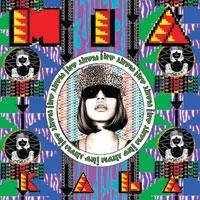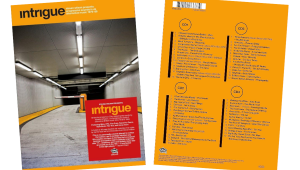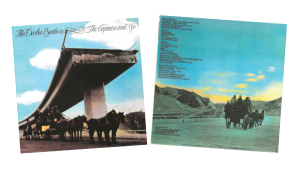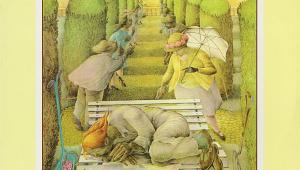CD Review: M.I.A.

| Kala XL/Interscope Music •••• Sound •••• |
When an artist is as thoroughly modern as M.I.A., it seems faint praise to say she's above all a first-class songwriter. Yet the sophomore album by the Sri Lanka-via-London artist (formerly known as Maya Arulpragasam) shows her to be exactly that. After you've been blown away by the sonic overload here, what really sticks are the indelible hooks - whether sung, chanted, synthesized, or percussed - that she crams into virtually every song. And those hooks are the reason she has made an album that can be loved equally by jaded rock critics (the ones who'll recognize the Modern Lovers quote that leads off the disc) and by the young downloaders who discovered her first.
It's no longer a big deal when an artist samples everything in the world. At worst, that approach leads to the murky sonic wash of a TV on the Radio. M.I.A. is even more eclectic, but Kala is no exercise in multiculturalism - nor does it do a Beck and work everything for laughs. Rather, it's a smart party record full of surreal twists. For starters, "20 Dollar" sports a Middle Eastern flute and a Pixies-derived chorus, while "Paper Planes" has the rhythm track of the Clash's "Straight to Hell" and a cash register that may have been looted from Pink Floyd. But M.I.A. doesn't borrow anything she can't use, and she doesn't lean too hard on her sources: "Bamboo Bangaa" may kick off with that Jonathan Richman quote, but it quickly stakes out its own territory. She's even confident enough to bury her highest-profile collaboration - "Come Around," with Timbaland - at the very end of the album. Sure enough, it's a pleasant hip-hop ballad that lacks the reach of everything else here.
Through it all, M.I.A. shows the kind of mile-wide personality that no pop star can be without, changing her dialect and even her nationality at will. True, her heavily accented patois will be a stumbling block for some, but enough key phrases slip through so that you can catch her drift. The serious points are there between the lines, but even those take surprising forms. On "Hussel," she falls for a struggling African boy who's selling bootleg copies of her CD. For an album released on a Universal-distributed label in 2007, it doesn't get any more subversive than that.
more Entertainment reviews Back to Homepage What's New on S&V
- Log in or register to post comments




































































